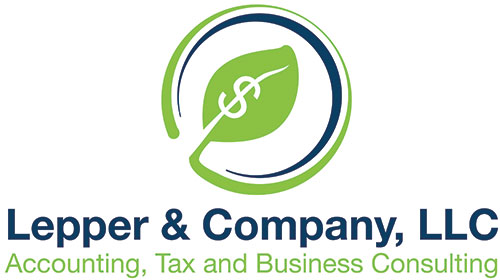6 tips to paying down your personal debt in 2023
2023 is expensive. The cost of living is higher than ever, interest rates keep rising, and it keeps getting harder to stay afloat, let alone get ahead. As a result, carrying debt has become commonplace. But, with the challenges of the past few years, many of us have more debt than we’re comfortable with.
How do you get ahead while you’re still trying to catch up?
Here are some tips on how to pay down your personal debt this year.
1. Take stock of your debt
There’s no way to fully understand your situation if you don’t take the time to identify everything you owe. Because looking at your monetary situation can be stressful, many people choose to ignore their financial statements and just keep a rough estimate of how much they think they owe.
This is a mistake. Turning a blind eye to the numbers won’t change them, and neglecting to look at your debts regularly will make it easier to continue spending.
2. Identify which debt is costing you the most
Between a mortgage, outstanding loans, credit card debt, car payments, lines of credit, and many more forms of debt, some will cost you more than others to maintain. Once you have a clear picture of everything you owe, determine the interest rate on each debt.
This way, you can plan to pay down the most expensive debt you have first. Doing so will save you as much interest as possible, meaning that you can pay down your debt faster as time goes on. So make your money work as hard as it can by paying down that higher interest debt.
3. Consider consolidating your debt
While working with a debt consolidator can temporarily hurt your credit score, it might be worth it in the long run. It can be extremely stressful to look at multiple sources of debt, and it’s easy to be overwhelmed by it all. This often leads to missed payments, which also hurts your credit score.
By consolidating your debt, you end up with one regular payment, which is much easier to manage. The temporary credit score hit can be well worth it if you have a complex debt situation or simply feel overwhelmed.
4. Set a budget and save
Once you have figured out your repayment strategy, make a plan so you’re not working against yourself. Look at the actual cash you bring each month and allocate those funds. Set aside money for living expenses, entertainment, and your existing debt payments.
If you have any leftover money, start putting that in a savings account. You should work towards setting aside 3-6 months of living expenses so that if something unexpected happens, you have the money to deal with it and don’t have to rely on credit to help yourself.
5. Adjust your credit card habits
Credit cards come with many perks, but they’re only worthwhile if you can pay the amount you’re spending on them. Doing so responsibly builds your credit score and allows you to take advantage of the benefits of being a cardholder.
If you don’t have the actual money to pay your credit card off each month, tuck it away somewhere so you’re not tempted to use it. It’s
easier than ever to tap your card, but without the funds to back it up, you’ll find yourself back in debt before you know it.
6. Increase your income
Nobody wants to hear that they have to work more, but if after looking at your financial situation, you find that there simply isn’t enough money coming in to pay for what you’ve already spent, you will likely need to find a side hustle. The only other option is to decrease your living expenses, which is tough to do in 2023.
Final thoughts
Paying down your personal debt isn’t anyone’s idea of a good time, but it’s essential. The debt isn’t going to go away on its own. Once you start seeing improvements, you will feel encouraged to continue until it’s eliminated. Call your personal accountant to devise a strategy to pay down your debt this year.
